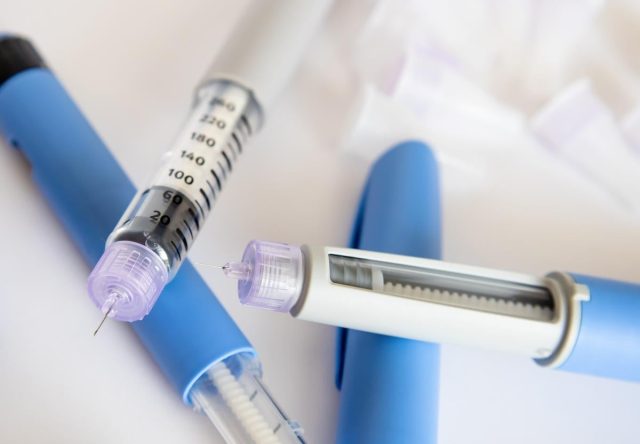However, authors caution there is little high-quality evidence
By Lori Solomon HealthDay Reporter
THURSDAY, Nov. 21, 2024 (HealthDay News) — Glucagon-like peptide-1 receptor agonist (GLP-1 RA) use may reduce alcohol consumption and improve outcomes in some individuals, according to a study published online Nov. 14 in eClinicalMedicine.
Mohsan Subhani, M.B.B.S., from the University of Nottingham in the United Kingdom, and colleagues conducted a systematic literature review to evaluate the existing literature on the association between GLP-1 RAs and alcohol consumption.
The researchers identified six studies (88,190 participants; 43.9 percent receiving GLP-1 RAs). However, only 286 participated in randomized controlled trials (RCTs), which did not show a reduction in alcohol consumption over 30 days after 24 weeks of treatment with exenatide versus placebo. In a subgroup analysis, there was a positive effect in people with obesity, with significant reductions in brain reward center cue reactivity on functional magnetic resonance imaging. Among RCT participants, those taking dulaglutide were more likely to reduce alcohol intake compared with placebo (relative effect size, 0.71). Fewer alcohol-related health care events and a significant reduction in alcohol use were seen in observational studies comparing GLP-1 RA treatment to dipeptidyl peptidase 4 use, no treatment, and/or alcohol intake at baseline.
“There is little high-quality evidence demonstrating the effect of GLP-1 RAs on alcohol use,” the authors write.
Several authors disclosed ties to the pharmaceutical industry.
Copyright © 2024 HealthDay. All rights reserved.



















